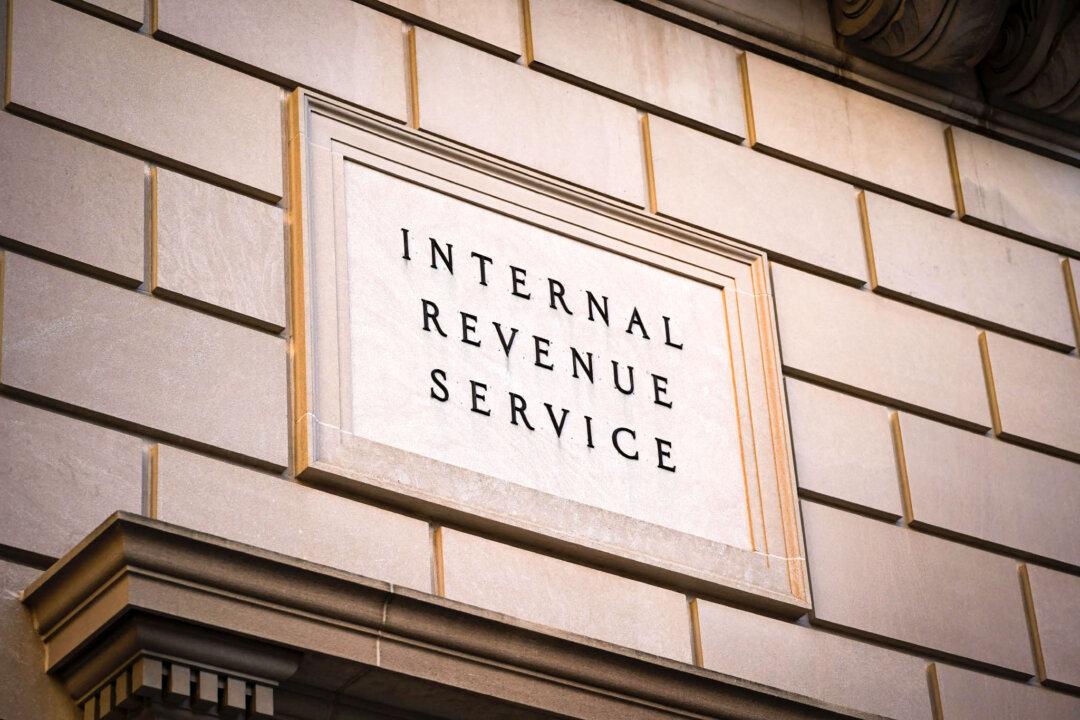Once the calendar turned to 2025, Americans started receiving tax documents.
Several key dates for taxpayers are approaching as January comes to an end.

Once the calendar turned to 2025, Americans started receiving tax documents.
Several key dates for taxpayers are approaching as January comes to an end.